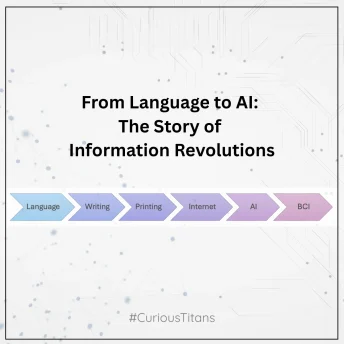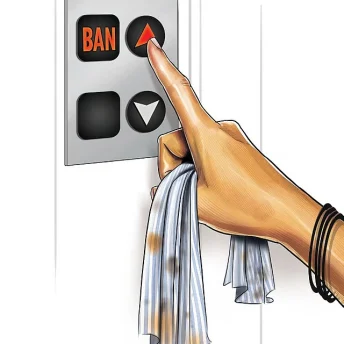It’s our responsibility to help the next generation develop critical thinking abilities early in life. And we have to take an active approach towards this endeavor.
Recently this tweet was making rounds.
A priest asks a child, who his favorite god is? To which he replies ‘Thor’. His parents then explain that Thor is just a fictional figure who does not exist in reality.
The tweet made me ponder on some larger issues. Like why does our (otherwise logical) brain take things at face value, and easily believe in matters without reasoning? So here are my thoughts.
One of the main functions of the brain is to ensure the most efficient use of energy.
For an average adult in a state of rest, the brain consumes about 20 percent of the body’s energy. This is a massive amount of energy, considering it’s a body at rest.[1]
It’s not surprising, therefore, that the brain will take measures to work less. This is also why resting and thinking less feels relaxing. Our brains will always opt for easy choices and avoid decision-making – a reason for procrastination.
Yes, you can blame your brain for your laziness. Damn you Brain!
Staying motivated to accomplish what’s important is a constant battle against our lazy brains. There are ways we can train our brains to not be lazy. But what happens when this active training is missing from our childhood?
In any society, people grow up believing prevailing concepts/ideas from mythology. Many of these stories and myths are told as real past events/facts during childhood. When parents pass their beliefs to their children, most of the time there is no clear distinction between myth and facts.
Because of the trust children place on their parents, they start believing these myths and stories as real events or facts. For example, imagine a child from a family of ‘flat earth’ believers [2] going to school and learning that the earth is round. What the child learns at home as his parental belief system is in direct contradiction to what taught in school.
This, in most cases, would hamper the child’s ability to ask critical questions, and become an obstacle in the growth of critical thinking, questioning, and scientific temperament.
Adults find it easier to believe and accept any information they see. Few take the effort to think critically on incoming information, and easily accept familiar biases. It’s not surprising that messages, information, propaganda which suit our biases easily become part of our belief system.
Hence, I think it’s our responsibility to help the next generation develop critical thinking abilities early in life. And we have to take an active approach towards this endeavor.
PS: Any sentiments hurt are a pure coincidence and wholly unintentional.
[1]: How Much Energy Does the Brain Use?
[2]: twitter.com/FlatEarthOrg – This is a verified account
#LearningNeverEnds #CuriousTitans








